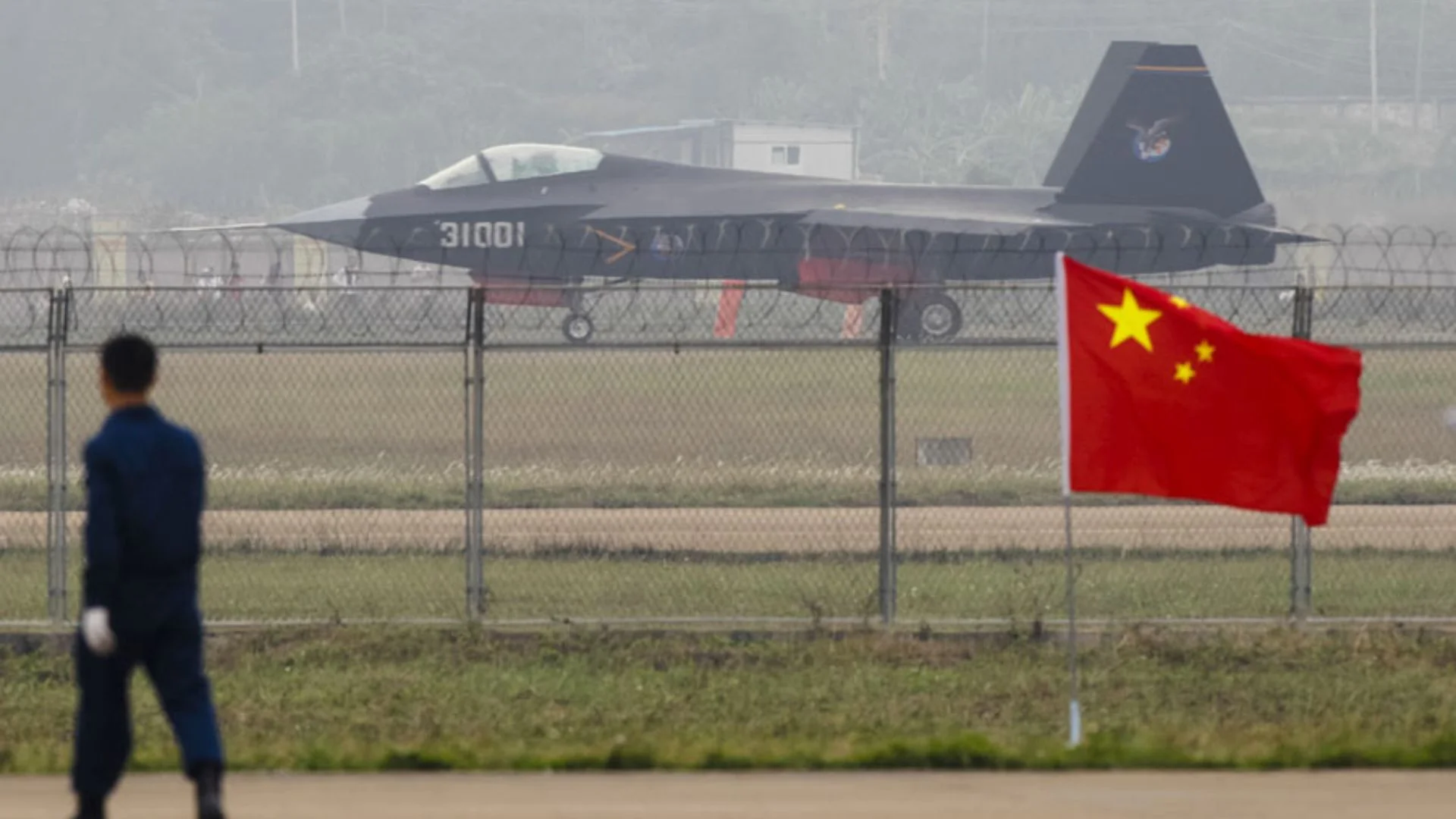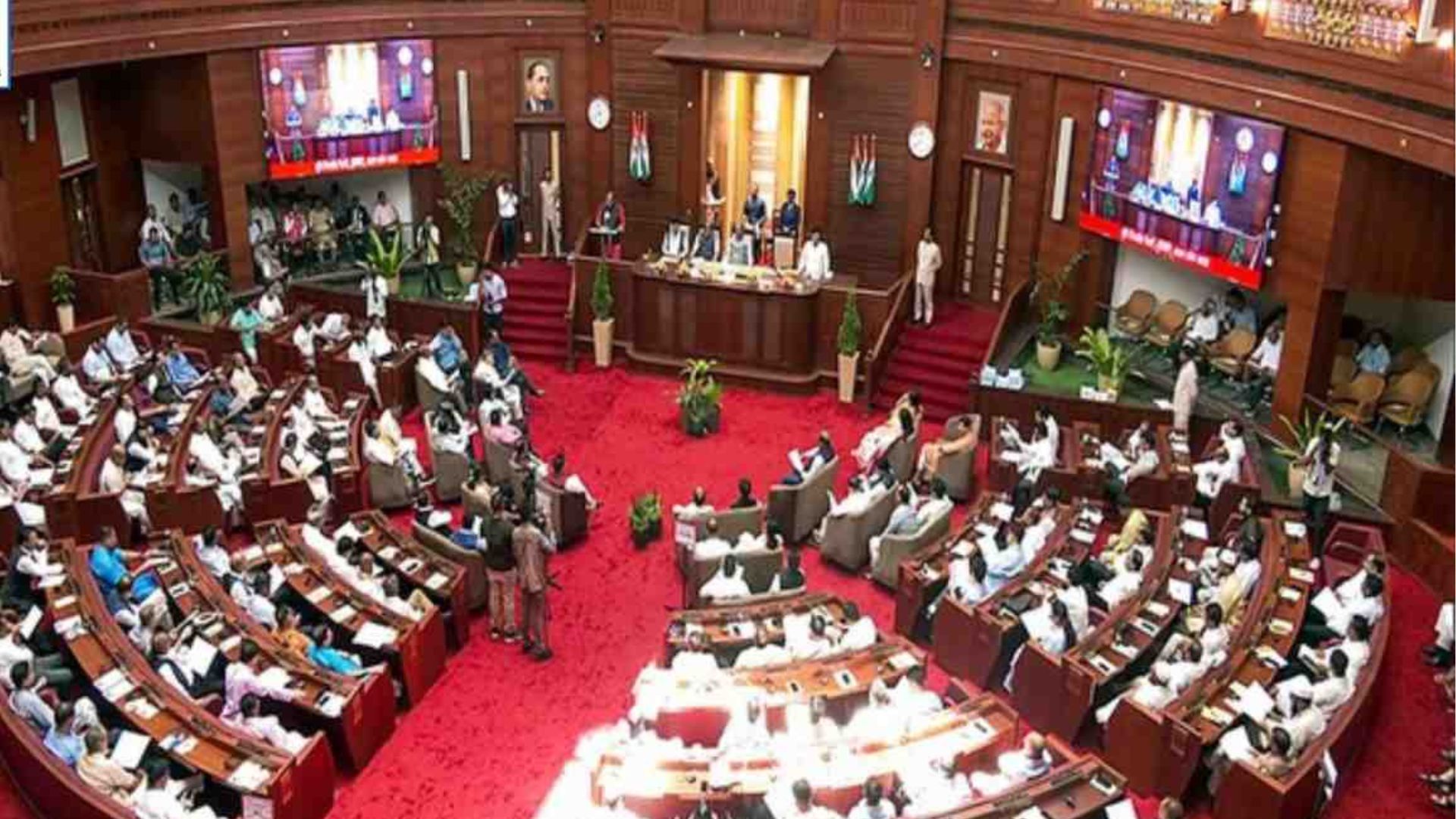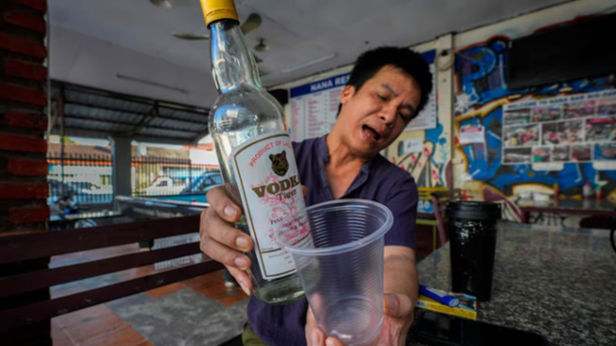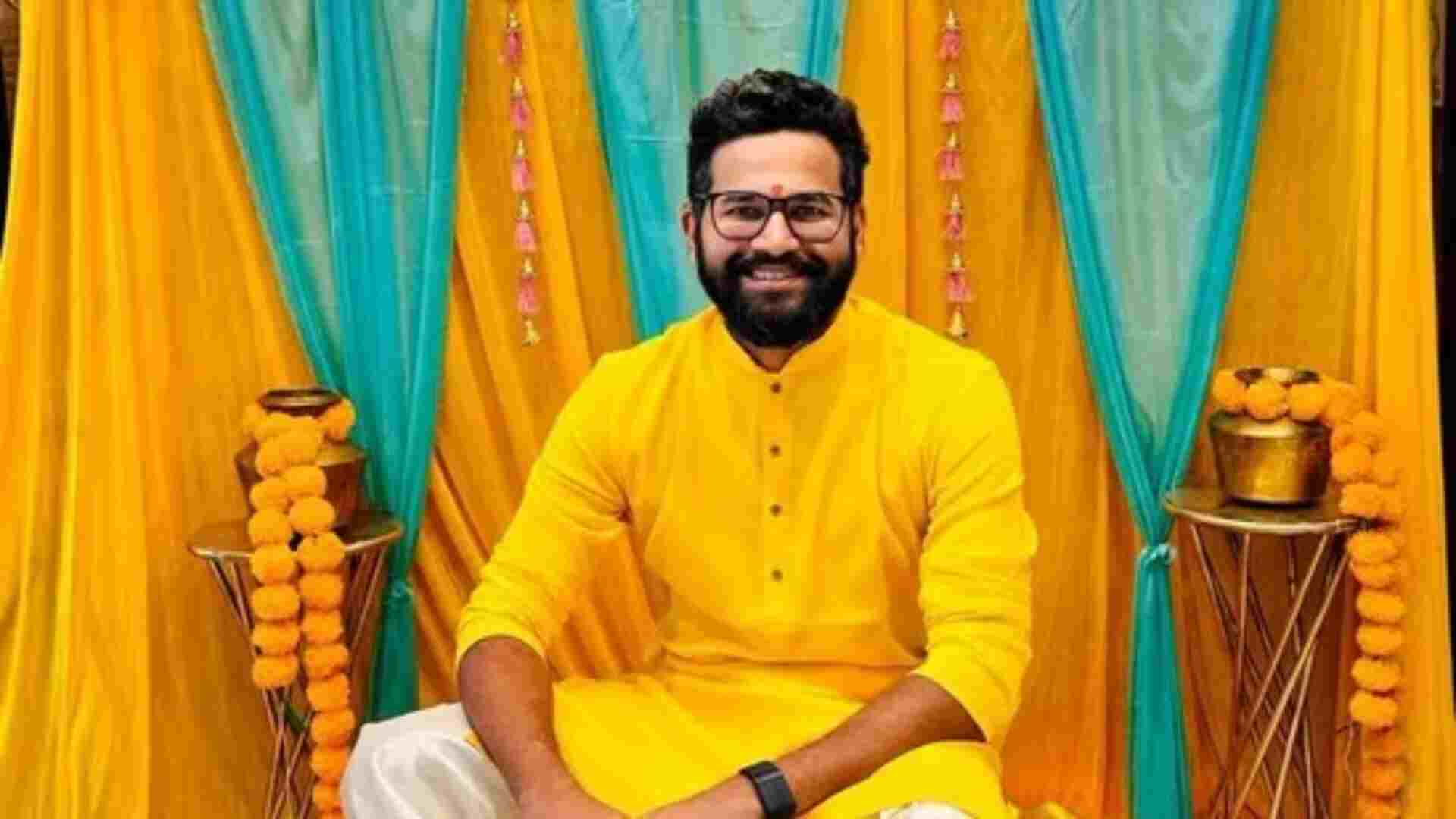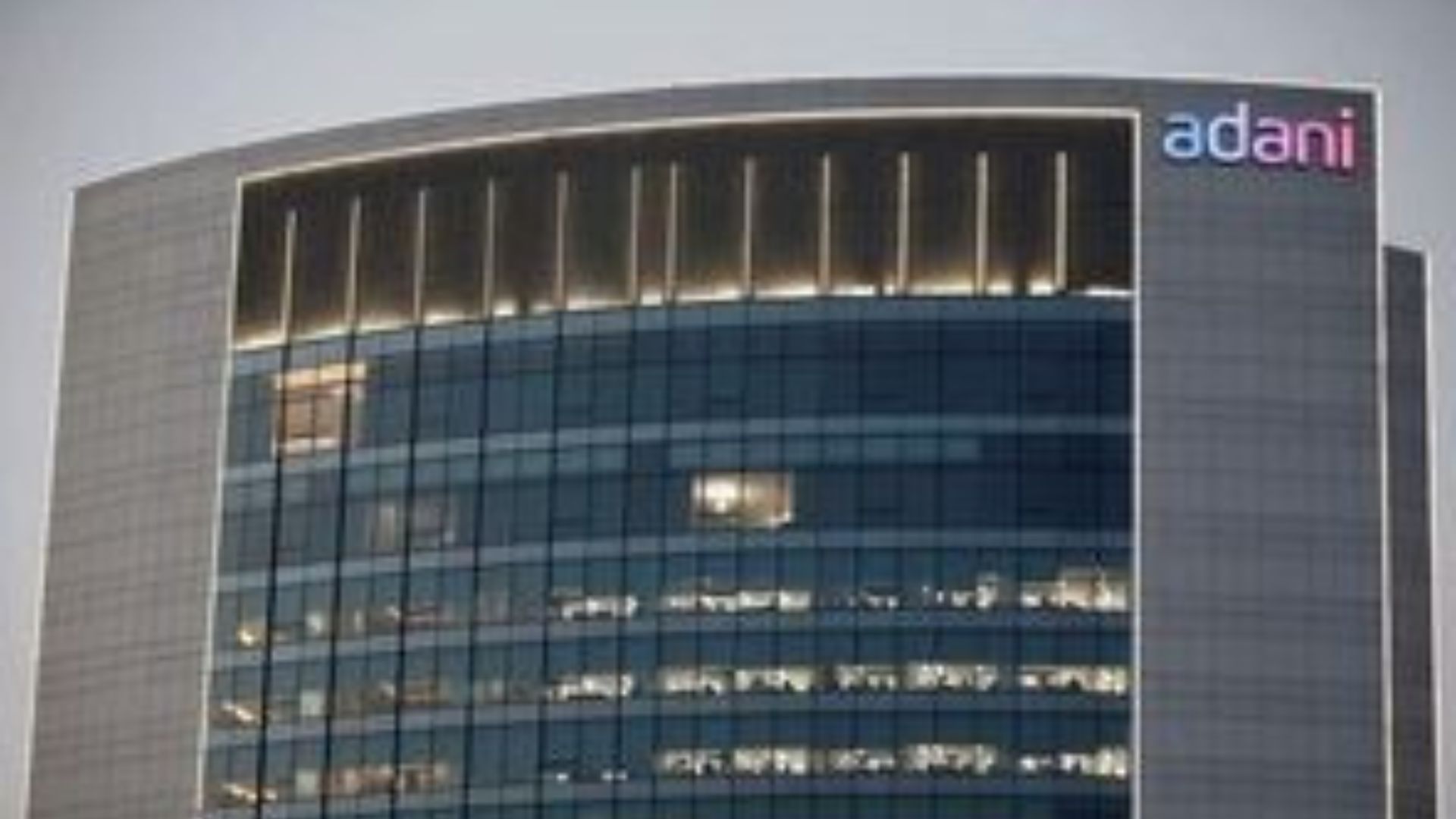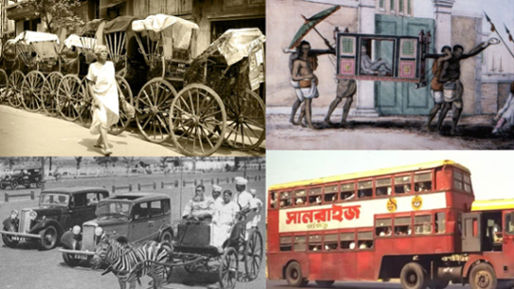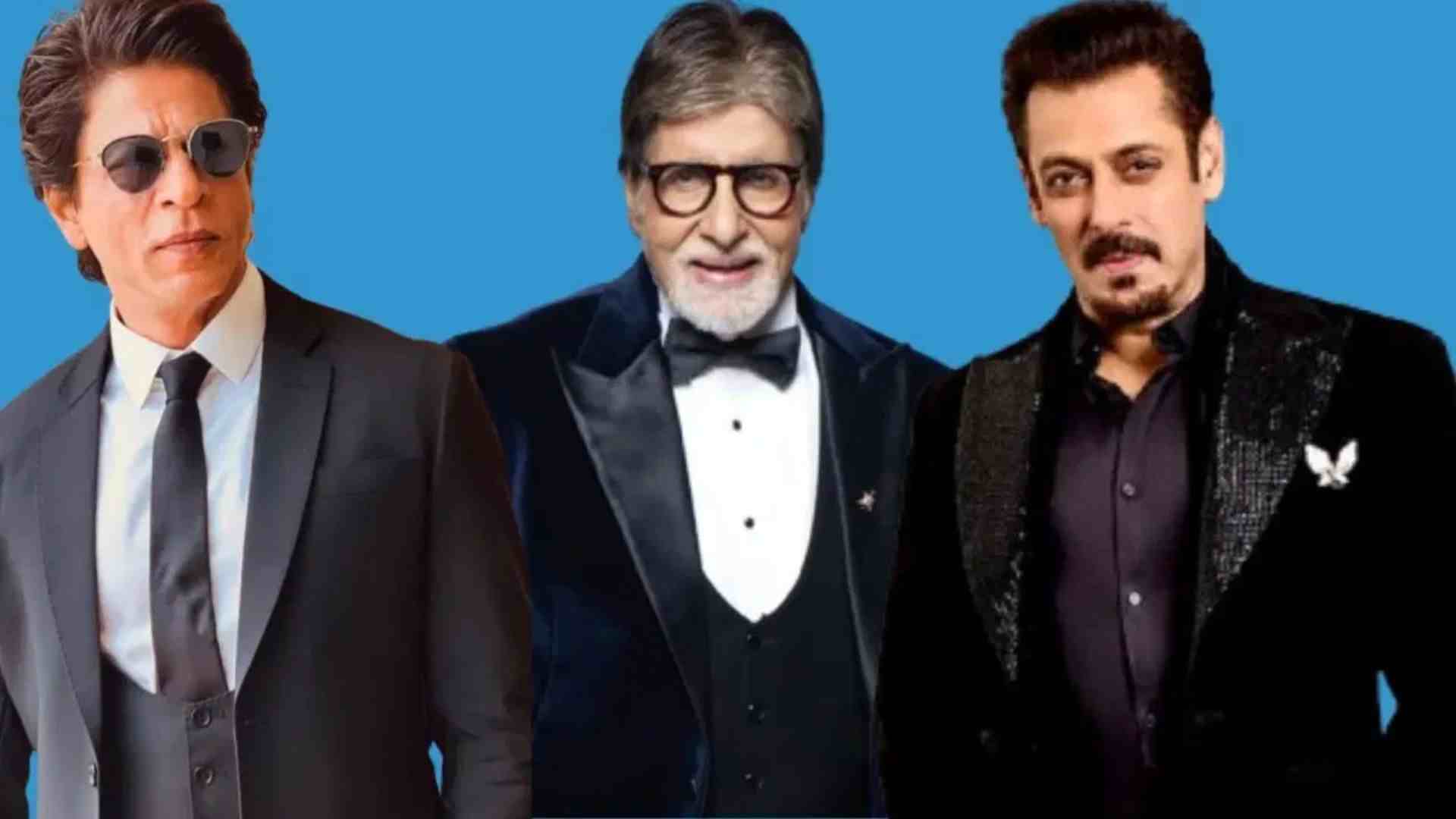
External Affairs Minister (EAM) S Jaishankar, during his Bangladesh visit on Thursday, focused on the issues of water sharing, border killings, Covid-19 with his counterpart Dr A.K.A. Momen in Dhaka.
Speaking during a press conference, Jaishankar termed Teesta water-sharing as a big issue, saying, “We did discuss it, we have a meeting of our water resources Secretaries very soon. I’m sure they will be discussing it further. I think you all know Govt of India’s position that position has not changed.”
The Teesta river dispute is an important point of bilateral talks between India and Bangladesh, as the latter has sought a fair and equitable distribution of Teesta waters from India. They also signed an agreement in 2011 to share surface waters at the Farakka Barrage near their mutual border.
However, the proposed deal was called off after repeated objections by West Bengal Chief Minister Mamata Banerjee. The water-sharing issue was once again discussed during Prime Minister Narendra Modi’s visit to Dhaka in June 2015, but it remains unresolved till date.
Speaking on border killings in the backdrop of the 1971 Liberation War and decades of friendship, Jaishankar said, “Many of the deaths are fairly deep inside India. We discussed it as neighbours and friends and agreed that our objective should be ‘no crime no death border’. If we can get it right, we can address the problem effectively.”
Jaishankar also highlighted India’s Covid-19 assistance to Bangladesh by providing it with the highest number of vaccines than any other country. “This is a difficult time for all of us because of Covid. For us, it was important that we are partnering with you in your health and economic recovery. The largest number of vaccines shipped by India to any foreign country so far—9 million—has been to Bangladesh,” he said.
Regarding the future of bilateral ties between the two nations, he further said, “There is no domain where we are not working today. Our relation is 360 degrees, in every part of human activity, we are doing something. And the more we do, the more we open the new possibilities. First, fifty years are over, let’s think for the next 20 years, I would say most of all is to look at connectivity. The Bangladesh minister today shares with me something the Bangladesh Prime Minister Sheikh Hasina said, which really impressed me. Her quote was ‘Connectivity is Productivity’.”
“If we can get our connectivity right between India and Bangladesh I can tell you that entire logistics, the geo-economics of the region will change. The Bay of Bengal will look different,” he added. The EAM also touched upon the inclusion of third countries, especially Japan in road and connectivity projects in the Bay of Bengal. “I would say to me would be the human aspect of it. People-to-people, education, health, culture. At the end of the day, the relationship between the countries is the relationship between people,” he added.
Reciprocating the feelings of Jaishankar, his Bangladeshi counterpart thanked India and said, “We have a rock-solid friend India who helped us during the Covid-19 pandemic. We got the vaccines from them and everybody is happy over it.”
Jaishankar is on a visit to Bangladesh to prepare the ground for Prime Minister Narendra Modi’s upcoming visit to Bangladesh, and hold talks with his counterpart on the progress of bilateral ties. This will be PM Modi’s first foreign trip in more than a year mainly because of the Covid-19 pandemic.
WITH ANI INPUTS
